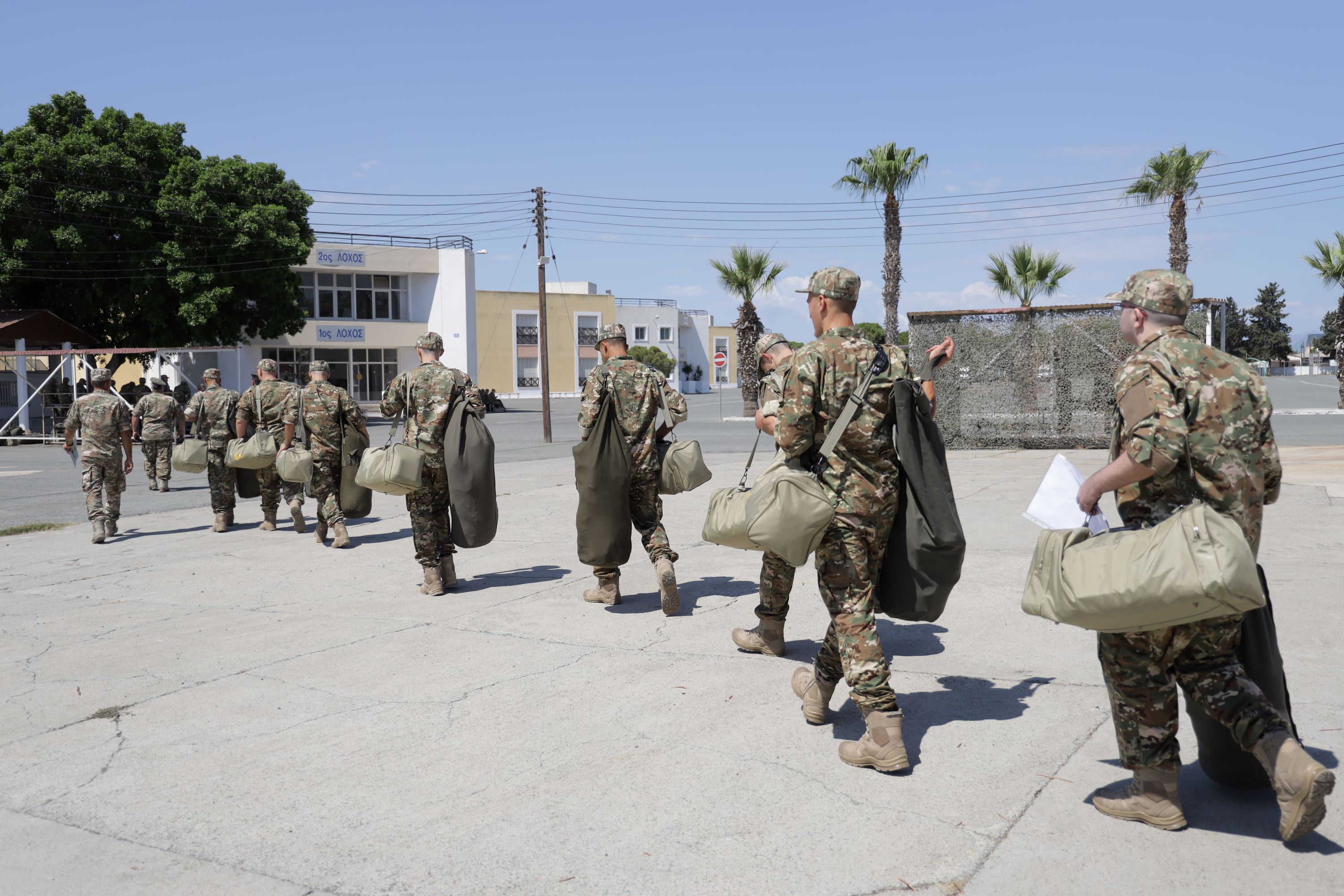Many in the audience of the theatre on Sunday evening may have thought that President Nikos Christodoulides was joking when he said that from next year girls would be able to voluntarily enlist in the national guard as soon as they left school. This was subject to the proposal being approved by the council of ministers to which it would be submitted in a few days, said the president, who was addressing an event marking 60 years since the establishment of the national guard.
He was not offering his audience some light relief with his revelation, as the next day, Defence Minister Vasilis Palmas said the proposal was being drafted. When it was finalised, which he implied would take longer than a few days, it would be sent to the cabinet for approval. Palmas was excited about this development because young women could make a significant contribution to the national guard because “they tend to be more mature than males at the age of enlistment.” He let a little sexism slip into his comments when he said young women would contribute to the army’s “operational aspects” before adding that they would also be trained for combat.
We suspect that very little thought has been put into this idea. The impression given was that the president was just thinking aloud when he said the teenage girl volunteers could serve for a minimum of six months but would also have the right to serve the 14 months that are mandatory for male conscripts. The million-dollar question is why any teenage girl would choose to serve in the army, even for six months, when she does not have to. It is not as if the pay is good – they could get three or four times as much working part-time in a café and having no restrictions placed on their free time.
What could have prompted the government to come up with this idea? Could it be the first stage of a plan to introduce female conscription in a couple of years, a way for helping girls come to terms with the idea of army service, which is unlikely to be a very popular decision? Then again, with a commitment to pursuing gender equality, the government would be guilty of double standards if it exempted females from army service.
On a more practical level, how will this operation be organised? How many army barracks would be set up for women soldiers? Will there be an advertising campaign of the ‘your country needs you’ type to attract teenage girls? If only 50 females express an interest in serving by the given deadline would the defence ministry go ahead or would it abandon the plan?
We doubt the government has the answers yet and it will take longer than the few days mentioned by the president before the proposal for voluntary army service goes to the council of ministers.







Click here to change your cookie preferences